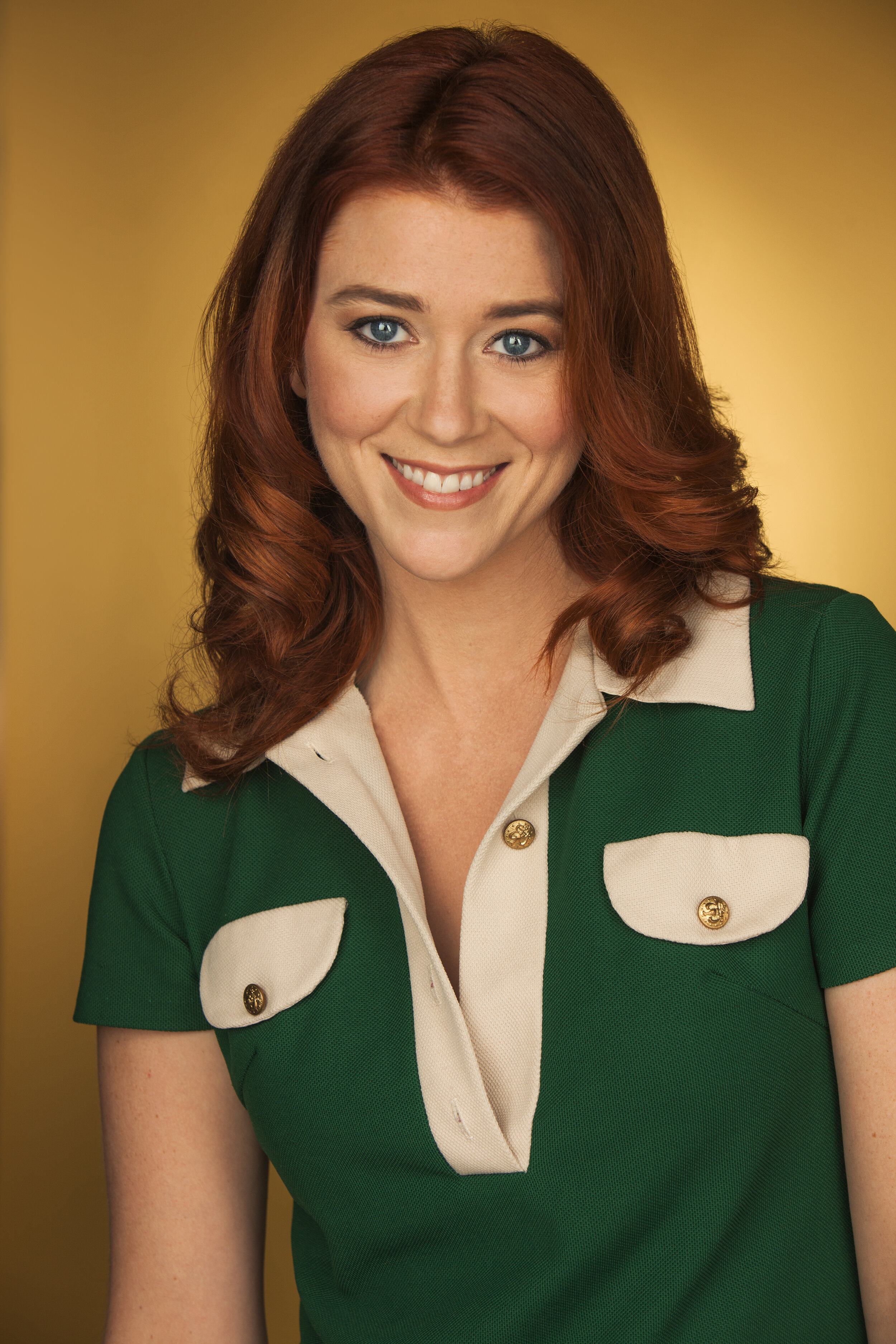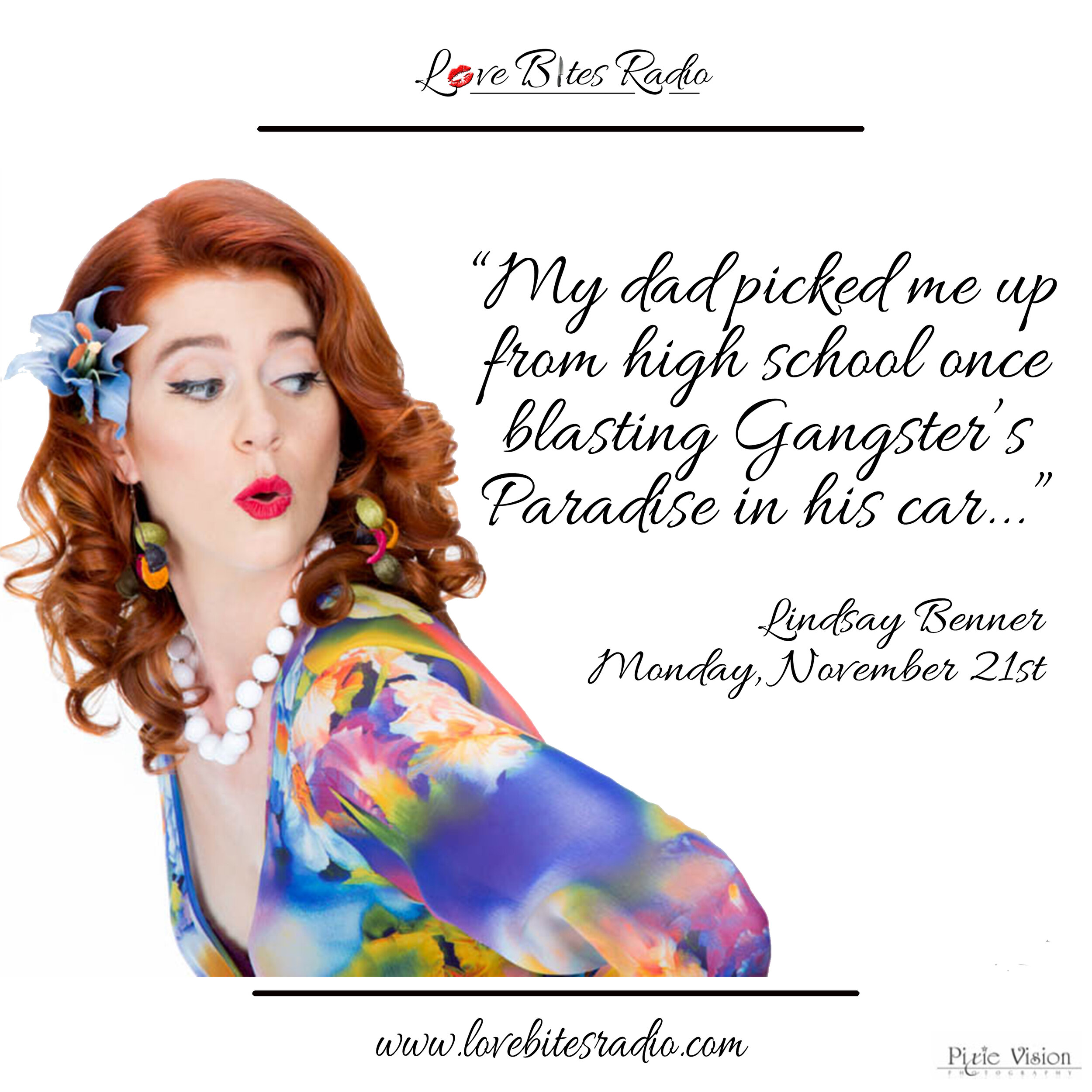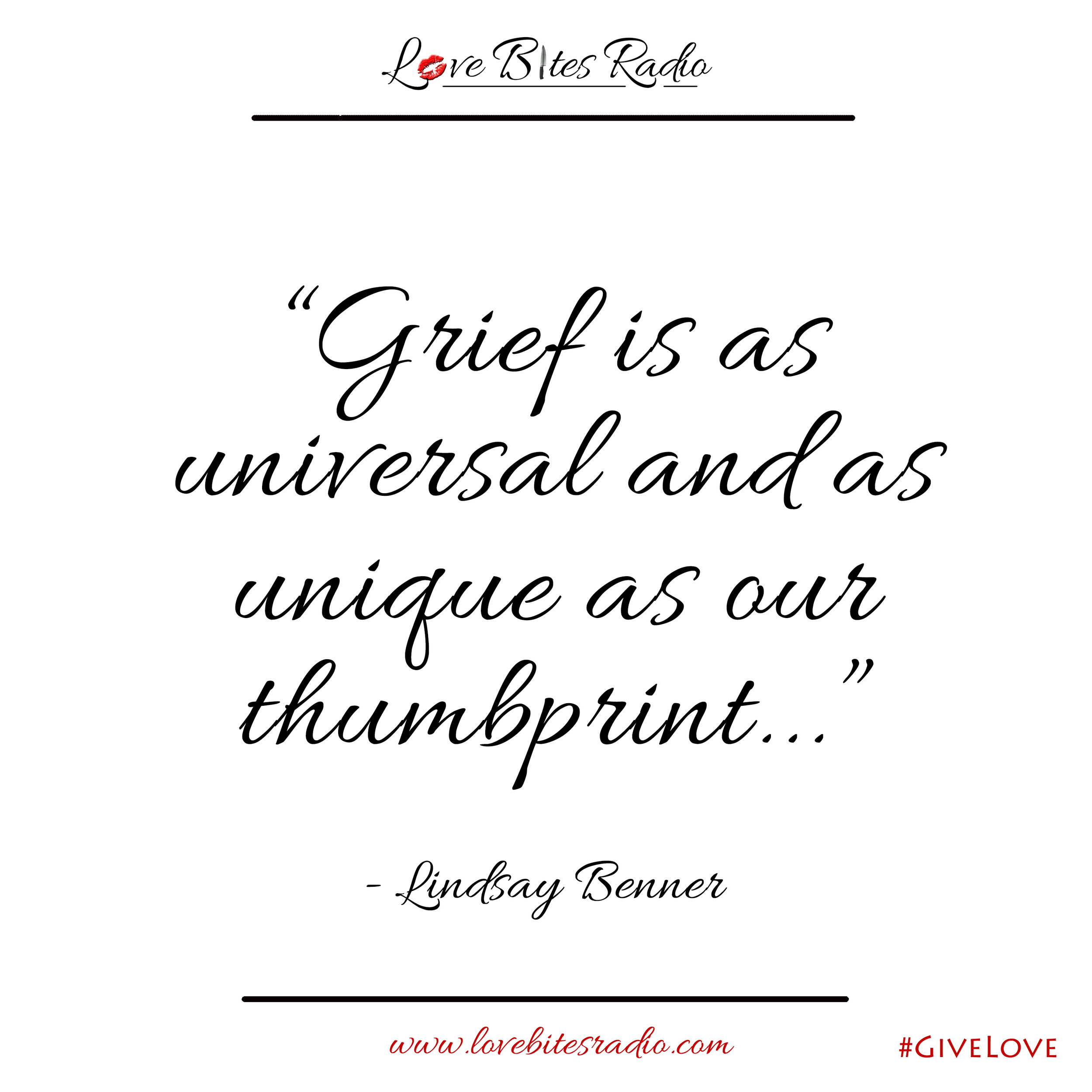The Artist in the Art
How much of art relies on the artist?
I first saw Lindsay Benner – variety performer, juggler, actor, storyteller – in the late summer of 1999, when she slunk down our faded theatre department hallway and into my line of sight. As two of the six women in our class, we stood as opposite as could be: my short and round against her long and lean, my east coast to her west, my blue collar background to her Berkley professor parents. I played Stella to her Blanch; Hermia to her Helena. Our friendship unfolded like the flowering jasmine pearl tealeaves we’d drink together over many years. We fit together like puzzle pieces.
We’re both complex creatures. Our insecurities, triumphs, lovesickness, and heartache go into our relationships and our work. And we share a studied skill that allows us to take distance when necessary, too.
And so with that, constant questions:
How much of myself do I reveal in my work now? And now?
What about with this? And again now with this?
No matter the medium – words on a page or in your ears, a scripted stage play, or a vaudevillian masterpiece of silent comedy – artists infuse curiosities and passions into work made by mind and bodys. But when should we add experiences and when keep our voice entirely out? Is doing so even possible, or do we waste time in the attempt? Do we do a disservice when objectivity and intellect fly in place of emotional reaction? When is distance necessary for self-preservation?
And where does training and skill fit into all of this? Where and when do we get to be people of not art, but craft?
I reflect upon years of observing Lindsay work and ponder such things.

Ten years ago, I tagged along with her to a street performance festival in Dublin. Her first major “competition”, she lured in audiences on street corners and fields and I captured her budding talent in my laughter and camera lenses. A decade later, that character now performs the world over as a seasoned show, The Book of Love.
During a recent Love Bites series exploring Endings, I asked how her father influenced her life in the arts, and how his very recent death was influencing her ability to work. A few weeks later, I spoke with her again for my client, Wonderment & Co, to capture how the sacrifices she makes and lessons she’s learned allow her Freedom to Create.
When I first saw Lindsay in that delightfully grungy college studio hallway, I saw beautiful dried petals of a tightly budded tealeaf curled tight but breathtakingly fragrant. The bud continues to unfurl and release. Like friendship, art is indefinable. How much of ourselves we bring into both are up to moment-by-moment, breath-by-breath decisions. But these words today would not exist without the friendship behind us, my body of work without my weirdly conflicted experiences, and The Book of Love without the life of Lindsay Benner.
So here is a bit from that radio interview – a waft of perfume, if you will – before she begins to describe watching her father pass within a few short months, and how she both embraced and put aside her art during this time. The point comes where you must hear her story, and there I end this.
Head to her episode on Love Bites Radio to listen.
Then read more of her story at Wonderment &. Co, and LindsayBenner.com.

Lindsay Benner
From Love, Loss, and What We’re Not Eating
Edited for brevity and readability. It’s even better as audio, and the full story stuns.
I love working silently. I started working silently about seven years ago. It’s my favorite part because this clown comes out of me that I find is very relatable. And I love whenever I do something that the audience connects to – that they’re connecting to a part of me.
Since [Book of Love] is all about love and falling in love, the clown I do is trying to impress on a level that is so deep and so real for anybody who’s ever been in courtship or wanting somebody to like them – it’s this deep desire to impress. That’s truly why I became a juggler in all my infinite wisdom when I was an adolescent – I thought it might make boys think I was cool. And so this show really came about as an absolute mirror of my desperation to be loved. So whenever people laugh at that part I feel this, “Oh, yeah, we all get it! We’re all there at some point.”
I’ve been performing for about fifteen years and doing variety shows for about that long, and I’ve been working with this particular show for seven or eight years. So it’s a place of comfort because I know what I’m doing. I may not want to leave the house, but once I have left the house and I am connecting with people in this way, it’s comfortable. Getting people to laugh, and making people laugh at what you’re doing – when it’s intentional – feels so good. It’s such a deep way to connect. I don’t want to make it sound deeper than it is, but it makes me feel like I’m not alone. So, for me, it’s a source of comfort.
Both of my parents are academics. They have PhD’s and they’re very smart people; very well read. My father grew up a part of a very strict religion of the Nazarene faith of Protestantism. He wasn’t allowed to dance, or watch movies, or to have alcohol. When he broke away from that and started making his own rules, he fell in love with movies – he became a huge movie buff and loved entertainment. One of my favorite things to do with my dad was watching movies and TV shows. He just connected so deeply, really took it in. He was so smart and so perceptive, and so watching entertainment with him was enriching. He was a big history buff as well, so while watching documentaries he would fill in extra information. And he had this really amazing laugh. It was just really fun to take in entertainment with him.
I’m not sure exactly what he loved [about my work] the most… but he really supported me from the beginning in being an entertainer…. When he would come and see my shows, the real moments I would know when I was alright is that there was this really special laugh he would always do that would make me want to run into the TV room to see what he was laughing at – this really high-pitched “he-he-he.” That was the moment that was really good, that really got him.
I had a couple of moments that got him when he was watching me; I knew I did all right because you can’t fake that laugh. I got that special dad laugh! That was the most telltale sign that he liked what I did.



